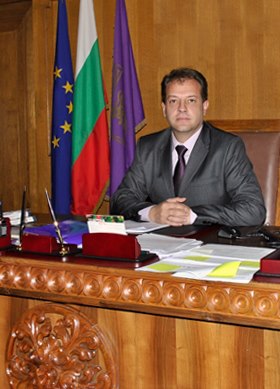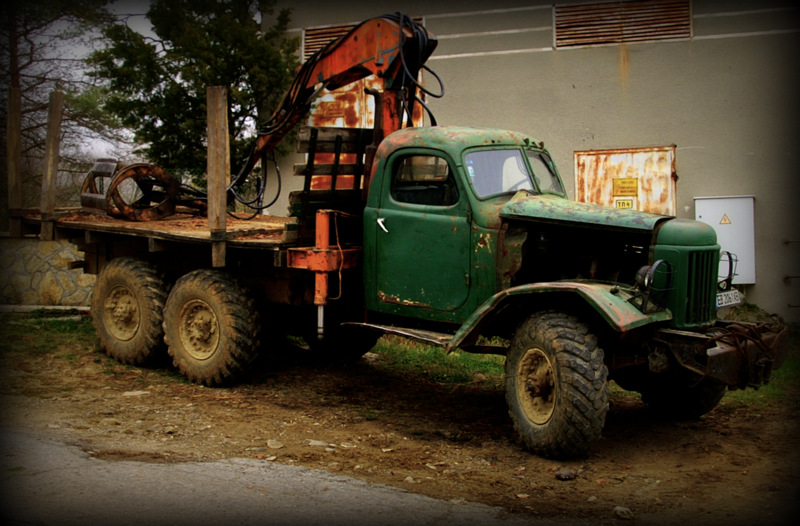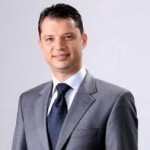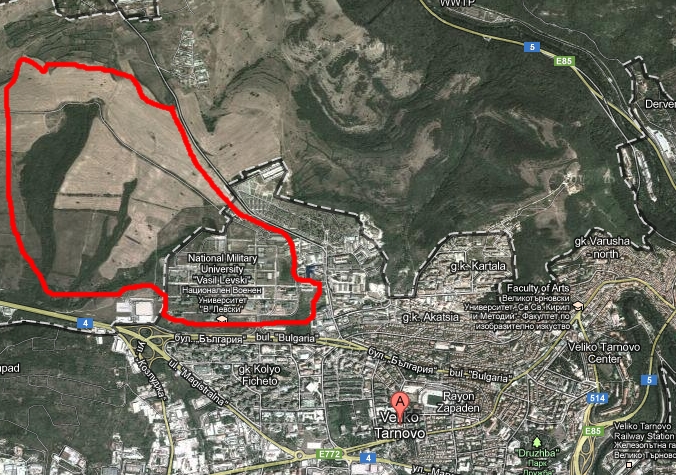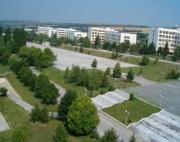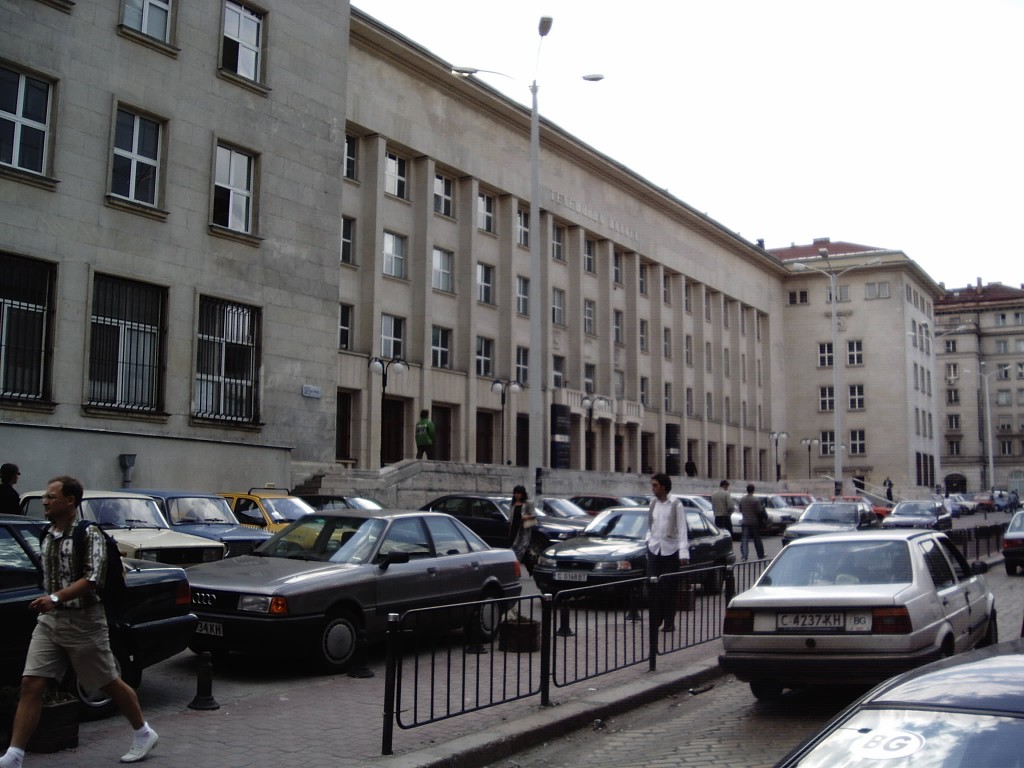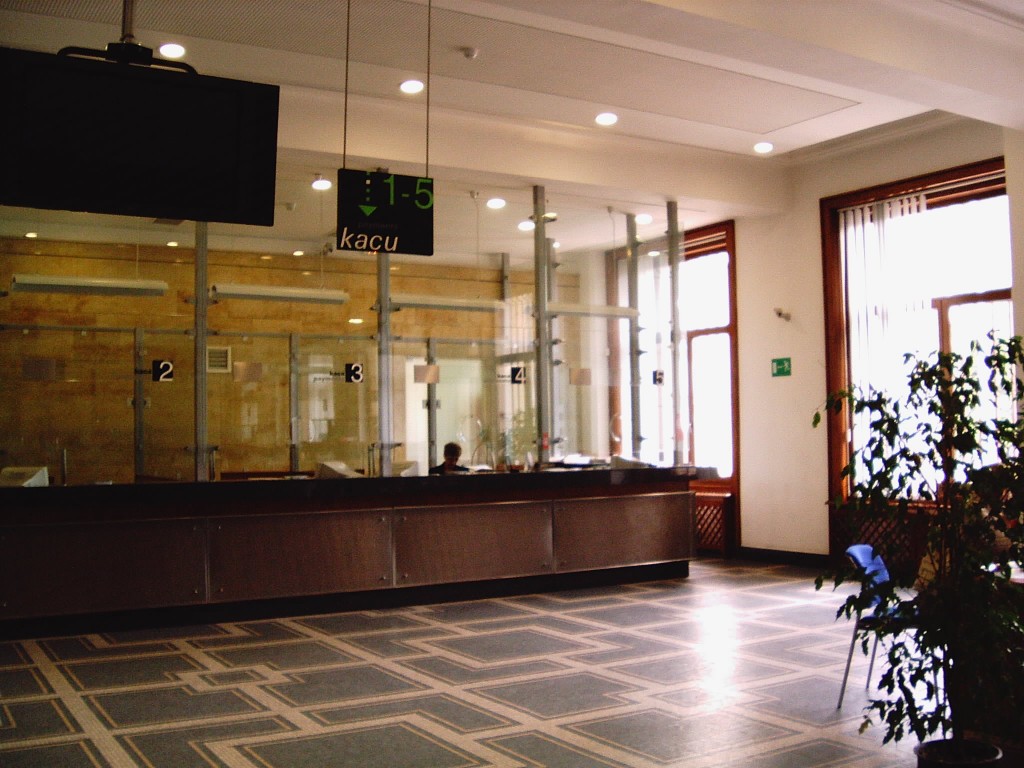Over the past few days the Mayor of Veliko Tarnovo, Daniel Panov, organised and has been engaged in working meetings with representatives of the North Central Bulgaria regional forest management companies occupied in logging, the police, mayors and deputy mayors of towns and villages discussing the various problems caused by logging.
During these forums held in 23 towns and villages in the municipality of Veliko Turnovo the mayor heard numerous complaints about the way in which the lumber companies de-forest and transport the cut timber.
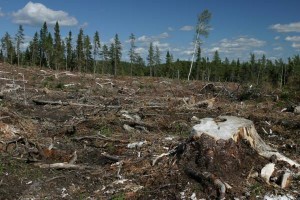
More governance is required to stop this type of deforestation within the woodlands around Veliko Tarnovo
In many places, the main issue was the lack of regulation and control within the industry as a whole! The forests and woods are being “cut to the bone” which sadly can lead to landslides and the movement of cut timber by heavy lorries is visibly destroying road infrastructure and causing major damage to private homes in Bulgaria and agricultural Bulgarian Real Estate.
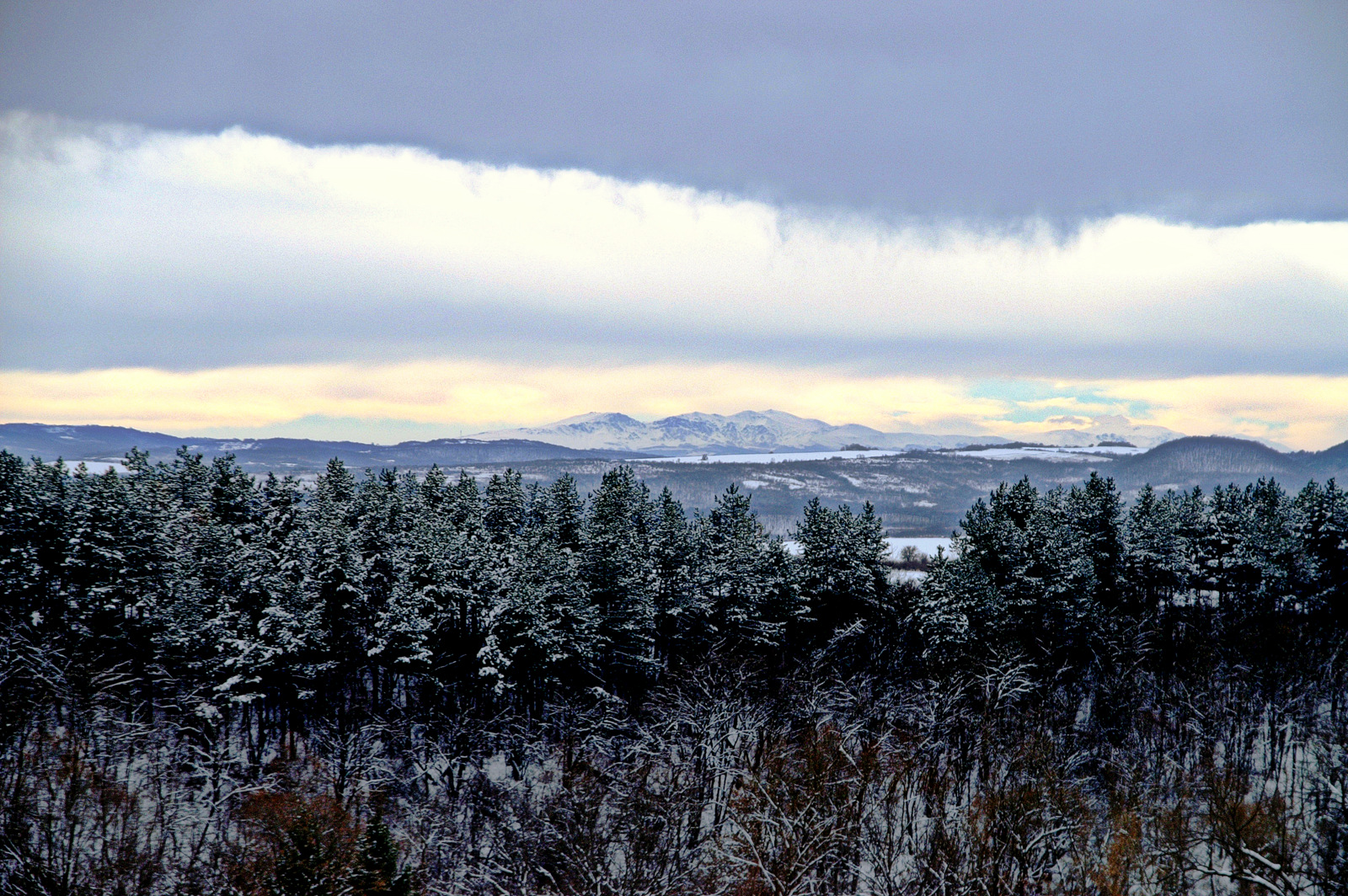
Huge swathes of woodland and forest has been “removed to the bone” is this about to stop in Veliko Tarnovo?
The Mayor’s personal observations were non compliance with restrictive tonnage signs of trucks down secondary roads with weak bridges, distortion of the roads and pavements, damage to drainage and sewerage systems. “Investing in repairs of streets and roads while trucks demolish the same infrastructure. Landslides on roads and roads disappearing through landslides, Subsidence of private land and cracks in the walls of houses, and bridges being damaged too. A better co-ordination between all institutions and companies to improve the activity of logging is required as a whole” the mayor said.
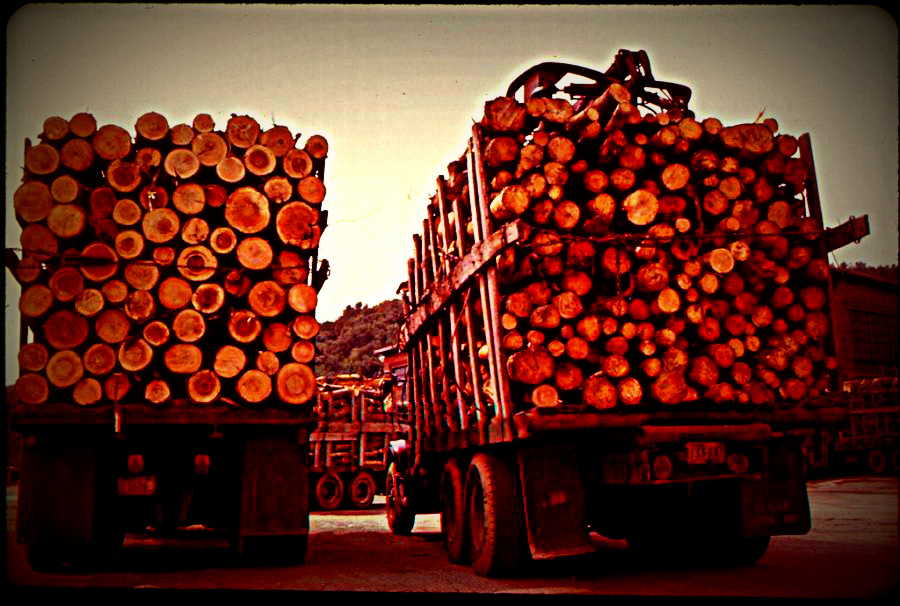
The local road infrastructure around Veliko tarnovo is only designed for light traffic, not masses of heavy logging trucks
Daniel Panov said to the company representatives at the meeting that the goal was not to interfere with their business but only to regulate all the activities that have a bearing on all stakeholders which includes protecting local communities and the public interest by complying with regulations, instead of creating problems by destroying infrastructure and private Bulgarian properties.
“It is not correct or fair that the profits of some cause problems and suffering for others and damage to public infrastructure. We need to discuss and put forward legislative changes, organise a consensus and have a full understanding and then agreement of all parties to resolve this important issue, “said the mayor.

Landslides and a desert instead of woodland and forest, this is a scene which cannot be tolerated around Veliko Tarnovo
In conclusion it was agreed by December 27th necessary measures were to be drawn up with the intent to resolve these problems and by January 15th, 2013 to come up with a solution at the second meeting with all institutions and stakeholders.
By this time the Regional Directorate of the Interior Ministry will take action, said Chief Commissioner Zhivko Kotsev. Limited movement of heavy timber will be via regulated routes and crossings. Anyone who violates these routes shall have sanctions imposed upon them.

